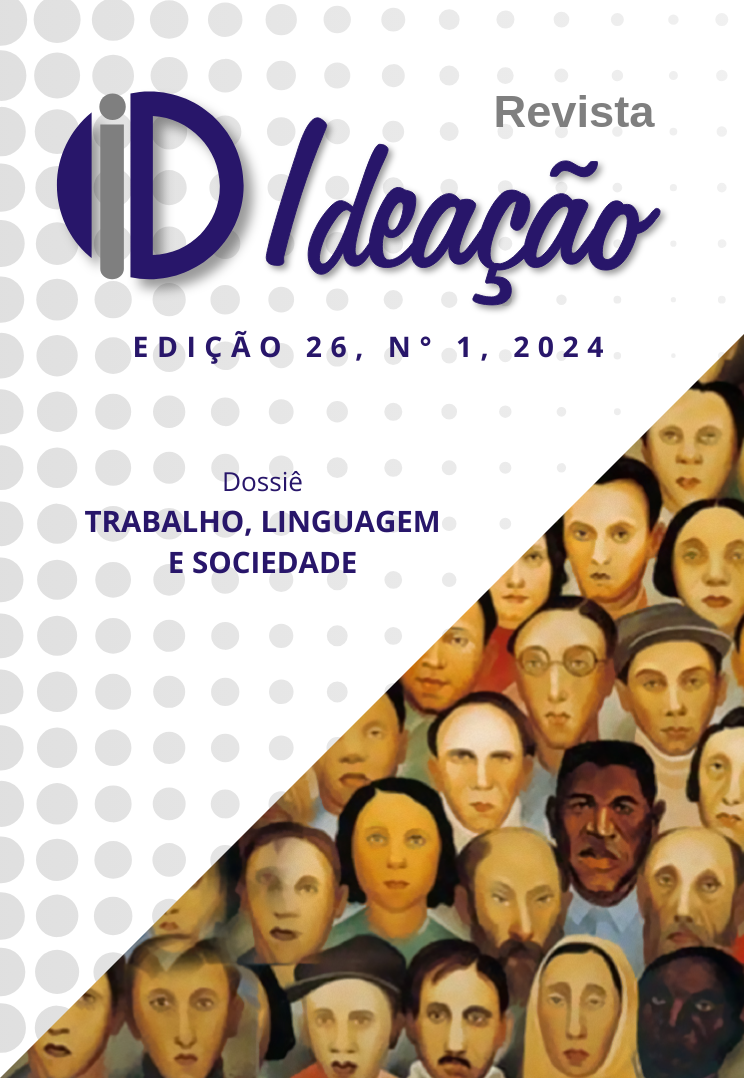Literature and language teaching
the role of the literary art in reading education at school
DOI:
https://doi.org/10.48075/ri.v26i1.31559Keywords:
Literature, language, and society, Literary reading, Language teaching and learning, School educationAbstract
In this study, I propose the relationship between reading and literature; however, distancing myself a little from the implications that the interfaces of teacher’s work have on the teaching of literary reading in order to be able to focus on the role of literary art in reading education at school, that is, to analyse the importance of this art in the formation of student-readers from an epistemological framework based on the dialectical-historical materialism, on the cultural-historical psychology, and on the critical-historical pedagogy (BRITTO, 2012; DUARTE, 2013, 2016; KOSIK, 1976; SAVIANI, 1984; among others). Thus, in this work, I conceptualize the term reading and its possible reverberations for this study, as well as analyse the role of literary reading at school, among school contents and for the individual, considering a humanizing education that ensures the survival of the human being in different aspects.
Downloads
Published
How to Cite
Issue
Section
License
Copyright (c) 2023 Direitos partilhados conforme licença CC BY-NC-SA 4.0

This work is licensed under a Creative Commons Attribution-NonCommercial-ShareAlike 4.0 International License.
Authors who publish in this journal agree with the following terms:
1. Authors maintain copyright and grant the journal the right of first publication, with the work simultaneously licensed under the Creative Commons Attribution License that allows the sharing of the work with recognition of authorship and initial publication in this journal.
2. Authors are authorized to assume additional contracts separately, for non-exclusive distribution of the version of the work published in this journal (e.g., to publish in an institutional repository or as a book chapter), with acknowledgment of authorship and initial publication in this journal.
3. Authors are allowed and encouraged to publish and distribute their work online (e.g., in institutional repositories or as a personal page) at any point before or during the editorial process, as this may generate productive changes, as well as increase the impact and citation of the published work (See The Effect of Free Access).
Creative Commons License
This work is licensed under a Creative Commons Attribution-Noncommercial-ShareAlike 4.0 International License, which permits sharing, copying, distributing, displaying, reproducing, the whole or parts provided it has no commercial purpose and the authors and source are cited.


